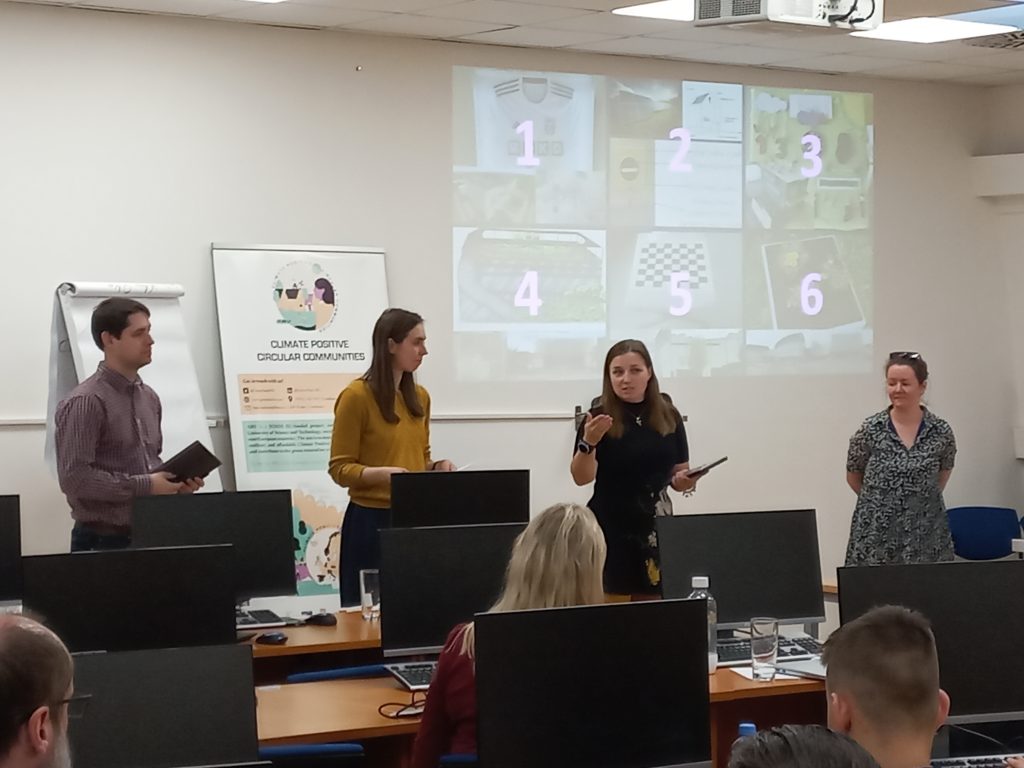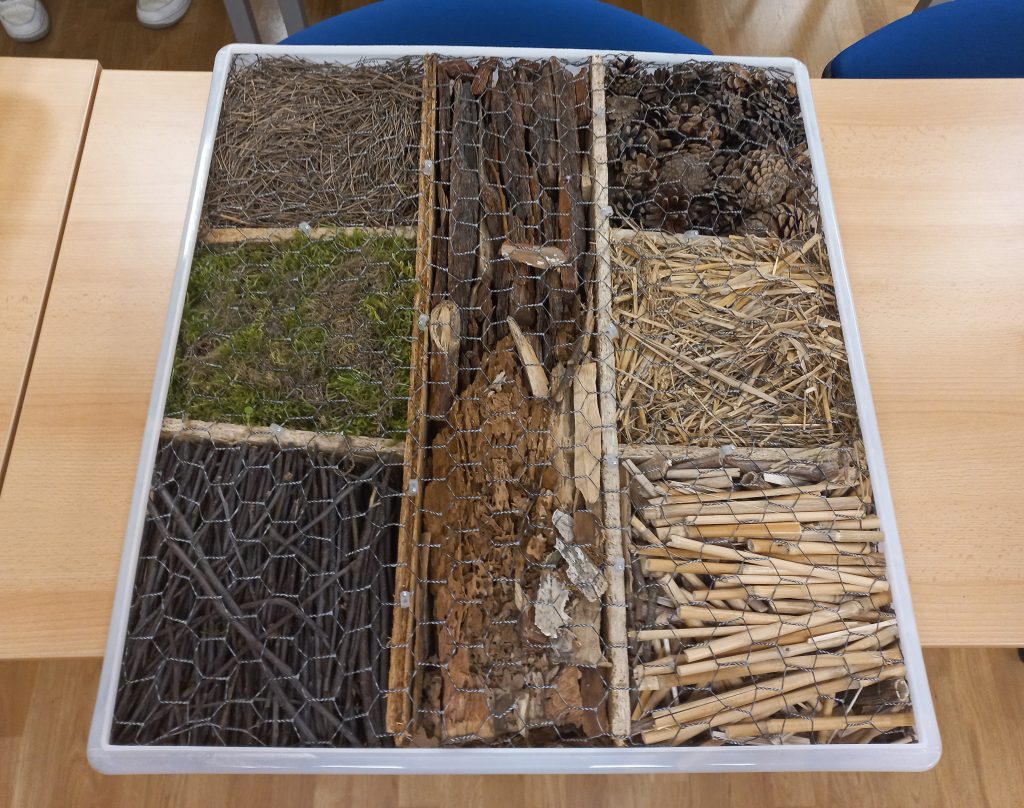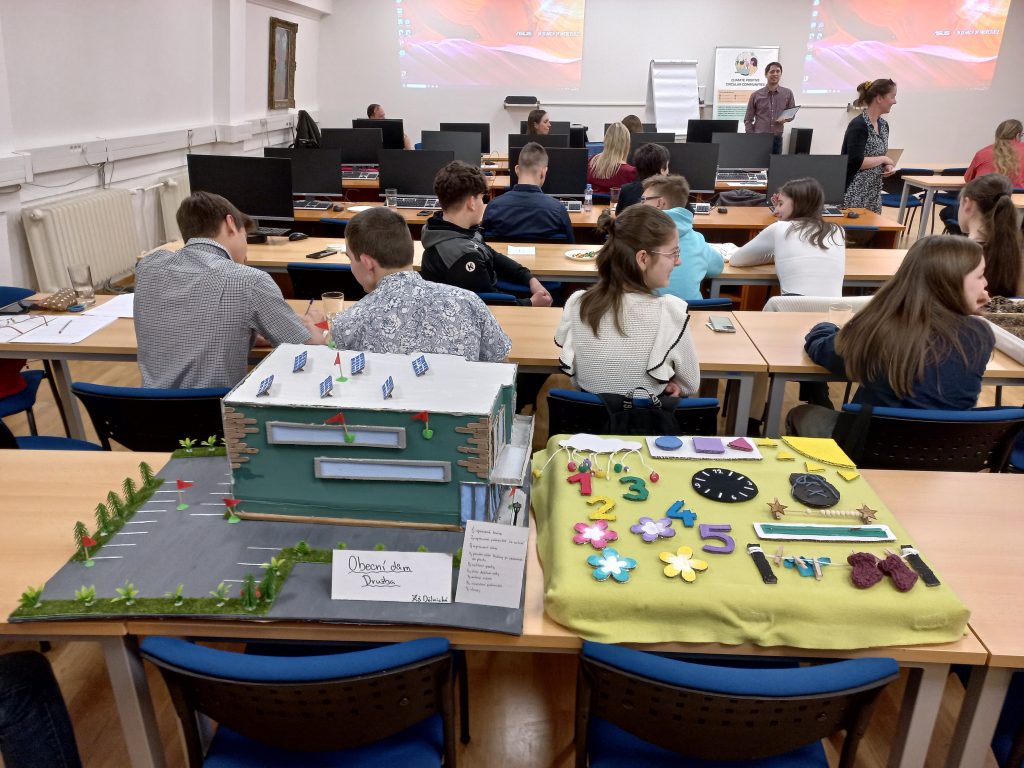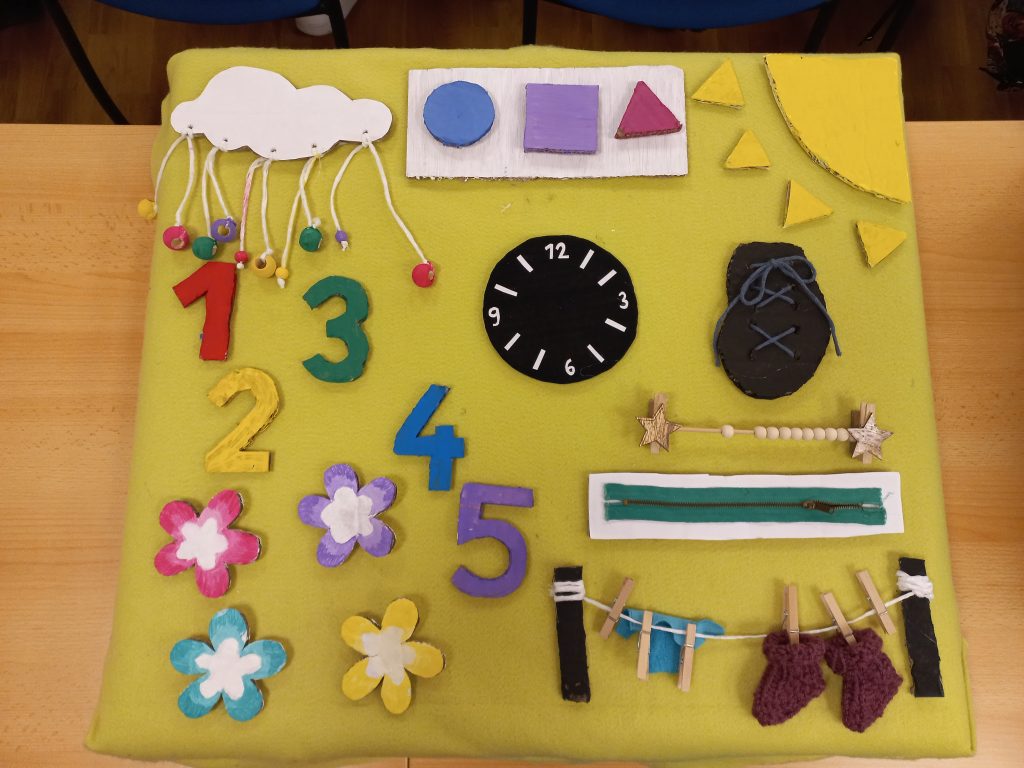Who are We?
Youth involvement is an important element of the Czech CPCC. One such activity consists of workshops for primary and secondary school students, focusing on renewable energy sources, sustainable architecture, the circular economy, and waste management. These workshops combine theoretical and practical lectures, student presentations, and consultations with experts from the Czech Technical University in Prague (CTU) and the University Centre for Energy Efficient Buildings (UCEEB). In addition to the benefit of gaining knowledge, the best student projects receive awards.
This year marked the second annual series of these workshops, with participation from 24 students and 6 teachers representing six schools. The workshops took place from January to April 2024 and were divided into three main topics.
The first workshop on Energy and Sustainability in Construction and Architecture introduced the ARV project, its global vision, and its specific activities in Karviná. Students learned about the New European Bauhaus concept and sustainable development goals in construction and architecture. They were then tasked with developing proposals to modify selected city buildings (such as the ARV demo building, library, court, and stadium) and their surroundings, incorporating sustainability principles and the NEB concept.
The second workshop on Circular Economy and Waste Management began with students presenting their solutions from the first workshop, followed by practical feedback from CTU UCEEB experts. The theoretical part of the workshop covered activities and opportunities for increasing resource efficiency, extending product life, and minimizing waste. For the practical task, students were given a discarded plastic ceiling light cover from a renovated city building and asked to find a new use for it.
The third and final workshop on Integration and Evaluation connected the topics from the previous sessions and focused on evaluating the students’ projects. Students presented their work to their peers and CTU experts, who provided questions and comments.
As the experience turned out to be positive for all those involved, the schools, CTU and UCEEB representatives, there are plans to organize a third series of workshops in the 2024/2025 school year.





Subscribe to our Newsletter
Want to know more about the new generation of climate positive circular communities (CPCC)? Sign up to our bi-annual newsletter (no spam guaranteed)!